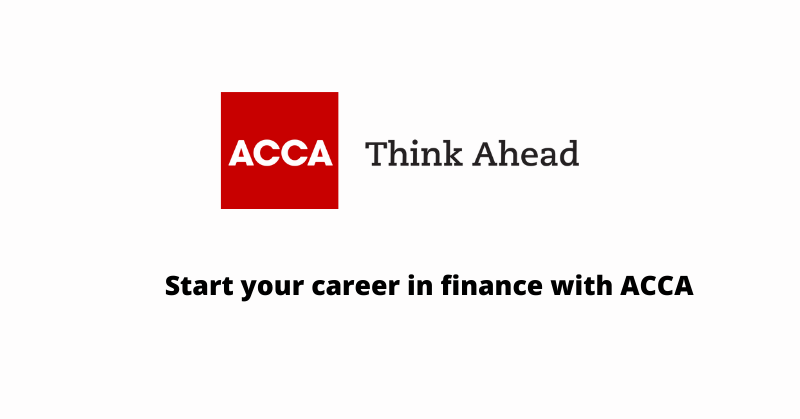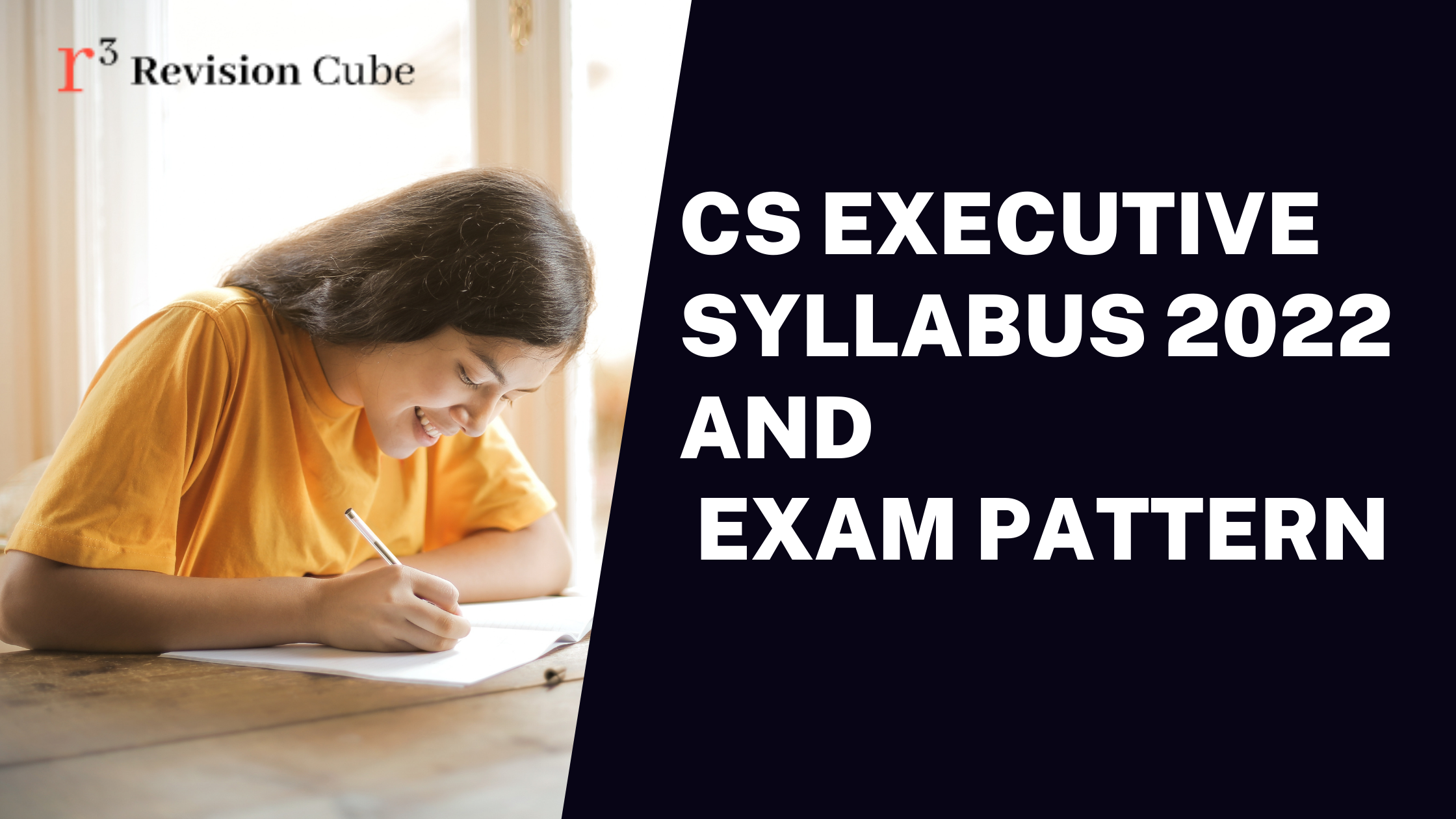
Acca Course Details
Very few people are aware of ACCA as British Education generally organises it. The Association of Chartered Certified Accountants (ACCA), founded in 1904, is a global accounting professionals group that offers the "Chartered Certified Accountant" qualification. With 2,00,000 affiliates and 4,86,000 learners in 180 countries, the ACCA is a fast-growing worldwide accounting organization.
This formal education encompasses all aspects of business, including financial statements, financial management, corporate taxation and legislation, auditing, and business ethics! Many international and domestic companies encourage or require their staff to pursue this esteemed credential.
ACCA graduates can do the following:
- Achieve an ACCA Member status by earning a Diploma/Advanced Diploma in Accounting and Business.
- Earn an Oxford Brookes University a BSc. (Hons) degree in Applied Accounting.
- Get an MSc in Professional Accountancy from the University of London.
ACCA Exam Pattern and Syllabus
For all of its exams, ACCA does not have a particular consistent trend. The ACCA Exam Structure and Pattern separates into multiple levels and modules, and the ACCA Course pattern changes between and within them.
ACCA Modules and Level:
Fundamentals and Professional ACCA Exams are the two tiers of ACCA Exams. There are nine papers/subjects in the Fundamentals level, organized into two modules: Knowledge and Skills.
The Knowledge module consists of three papers that cover the fundamentals of management accounting and financial accounting. After you've finished studying this, you'll go over the accountancy topics in greater depth. The Skills module consists of six modules that cover the significant operational areas that accountants must understand.
1) Knowledge module
- F1 – Accountant in Business
- F2 – Management Accounting
- F3 – Financial Accounting
2) Skills module
- F4 – Corporate and Business Law
- F5 – Performance Management
- F6 – Taxation
- F7 – Financial Reporting
- F8 – Audit and Assurance
- F9 – Financial Management
Exam pattern table:
|
Exams |
Syllabus |
Duration/ Exam Type |
Pattern |
|
F1 |
Accountant in Business |
2hrs/PBE or CBE |
The exam has two sections: Section A will have 30 two-mark objective questions, and Section B will have 16 one-mark objective questions. Section B will consist of six four-point multitask questions, each of which will focus on one of the F1 syllabus's six core components. |
|
F2 |
Management Accounting |
2hrs/PBE or CBE |
There will be two portions to the exam. There will be 35 two-mark objective questions in Section A. Section B will have three ten-point multitask questions, one for each of the curriculum areas of Budgeting, Standard costing, and Performance measuring. |
|
F3 |
Financial Accounting |
2hrs/PBE or CBE |
There will be two portions to the exam. There will be 35 two-mark objective problems in Section A. Students will find two fifteen-mark multi-task problems in Section B. |
|
F4 |
Corporate and Business Law |
||
|
F5 |
Performance Management |
3hrs/PBE |
Section A of the exam consists of 20 two-mark multiple-choice questions. Three 10 point questions and two 15 point questions make up Section B of the exam. The two 15-point questions will be from the syllabus's decision-making procedures, budgeting and control, and performance measurement and control sections. |
|
F6 |
Taxation |
3hrs/PBE |
The first question will be about income tax, and the second will be about company tax. The two questions would be for 55 points, with one question worth 30 points and the other worth 25. Question three, worth 15 points, will focus on offering outstanding (personal or corporate). |
|
F7 |
Financial Reporting |
3hrs/PBE |
Section A of the exam consists of 20 two-mark multiple-choice questions. Two 15-mark questions and one 30-mark question make up Section B of the exam. The 30-point question will focus on the entity's financial position for either a single firm or a group. |
|
F8 |
Audit and Assurance |
3hrs/PBE |
Section A will consist of eight two-mark objective test questions and four one-mark objective test questions that will assess the breadth of the course. Section B will have four ten-point questions and two twenty-point questions. |
|
F9 |
Financial Management |
3hrs/PBE |
Three 10 point questions and two 15 point questions make up Section B of the exam. The two 15-point questions get drawn from the syllabus's sections on financial performance, investment assessment, and company finance. |
Essentials and Options are the two modules that make up the Professional level. Both courses are at the Professional level and are at the same level of achievement as a Master's degree.
This level expands on the technical skills you learned at the Fundamentals level. It will also go into more advanced best standards, abilities, and ideals. Accountants who operate in advising or consulting roles need these at a senior level.
3) Essentials
- P1: Governance, Risk, and Ethics
- P2: Corporate Reporting (The UK or International)
- P3: Business Analysis
4) Options (Choose 2 of 4)
- P4: Advanced Financial Management
- P5: Advanced Performance Management
- P6: Advanced Taxation
- P7: Advanced Audit and Assurance (The UK or International)
ACCA Fee Structure
The pricing model for the test fees, registration, and membership:
- Initial registration – £79
- Re-registration – £79
- Annual subscription – £95
Eligibility
Beginning at the Knowledge level, the following are the minimum admission requirements for ACCA qualification:
- Passes are required in five subjects, including English and Mathematics/Accounting, with a minimum of 65 percent in two issues and more than 50 percent in the rest.
- You might be qualified for waivers from certain modules if you have higher qualifications.
Scope of ACCA
- You can use the letters ACCA to designate yourself as a Chartered Certified Accountant and work in any part of finance or administration in any organization.
- Students get better job possibilities as a result of demonstrating business understanding in all areas.
- Assures a potential employer that you have the required abilities to advance to senior management roles.
- With over 320,000 national and international students in 170 countries, it is the world's largest and fastest-growing worldwide professional accounting organization.
- Candidates learn significant abilities in organizational management and strategy in addition to specialized knowledge in finance and accounting.
- Unlike institutions, the certification does not focus solely on theory and prepares graduates for practical application.
- Each session allows you to take up to four tests, and you have ten years to complete them! The qualification usually takes two to three years.
Also Check:








